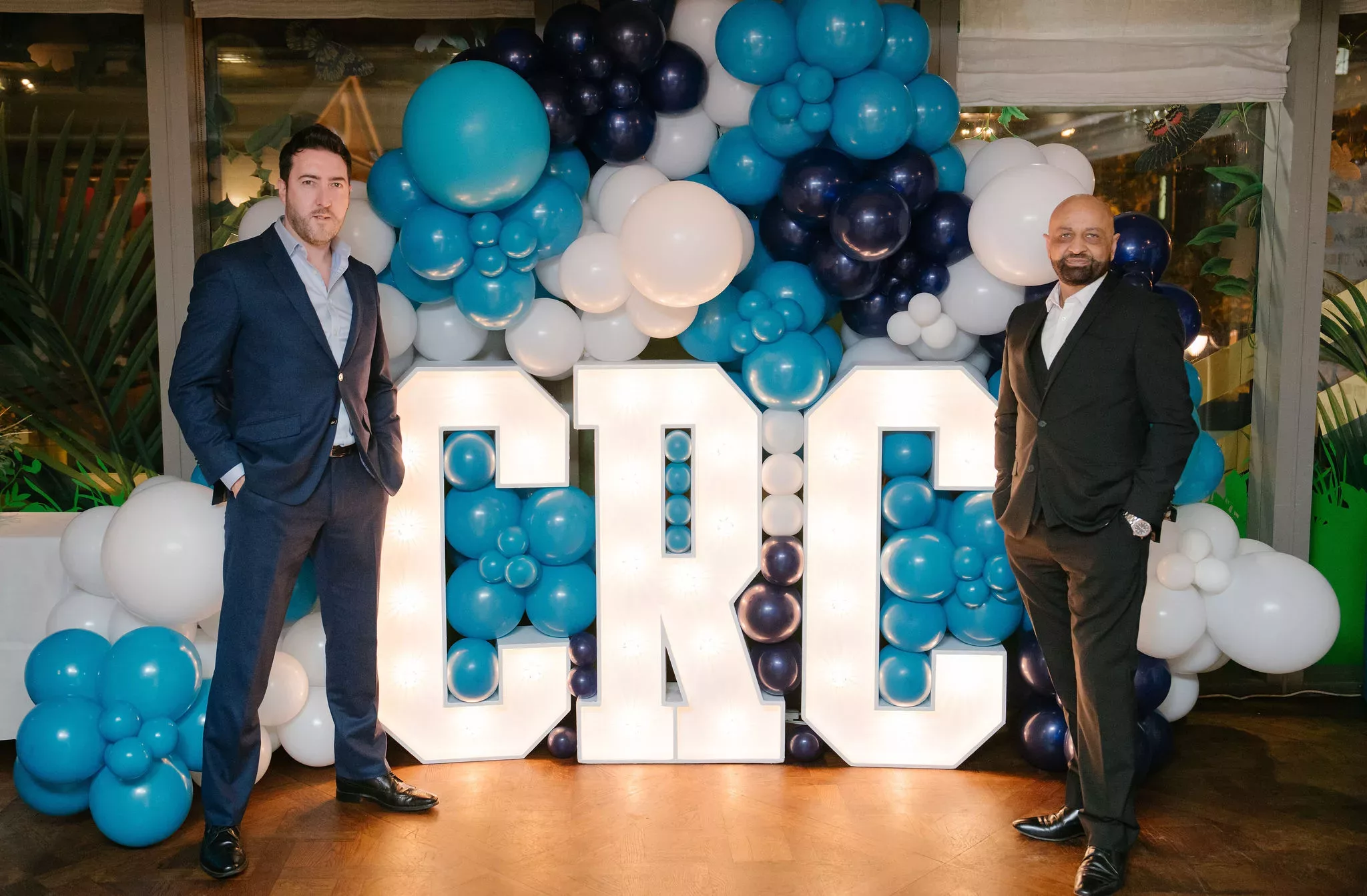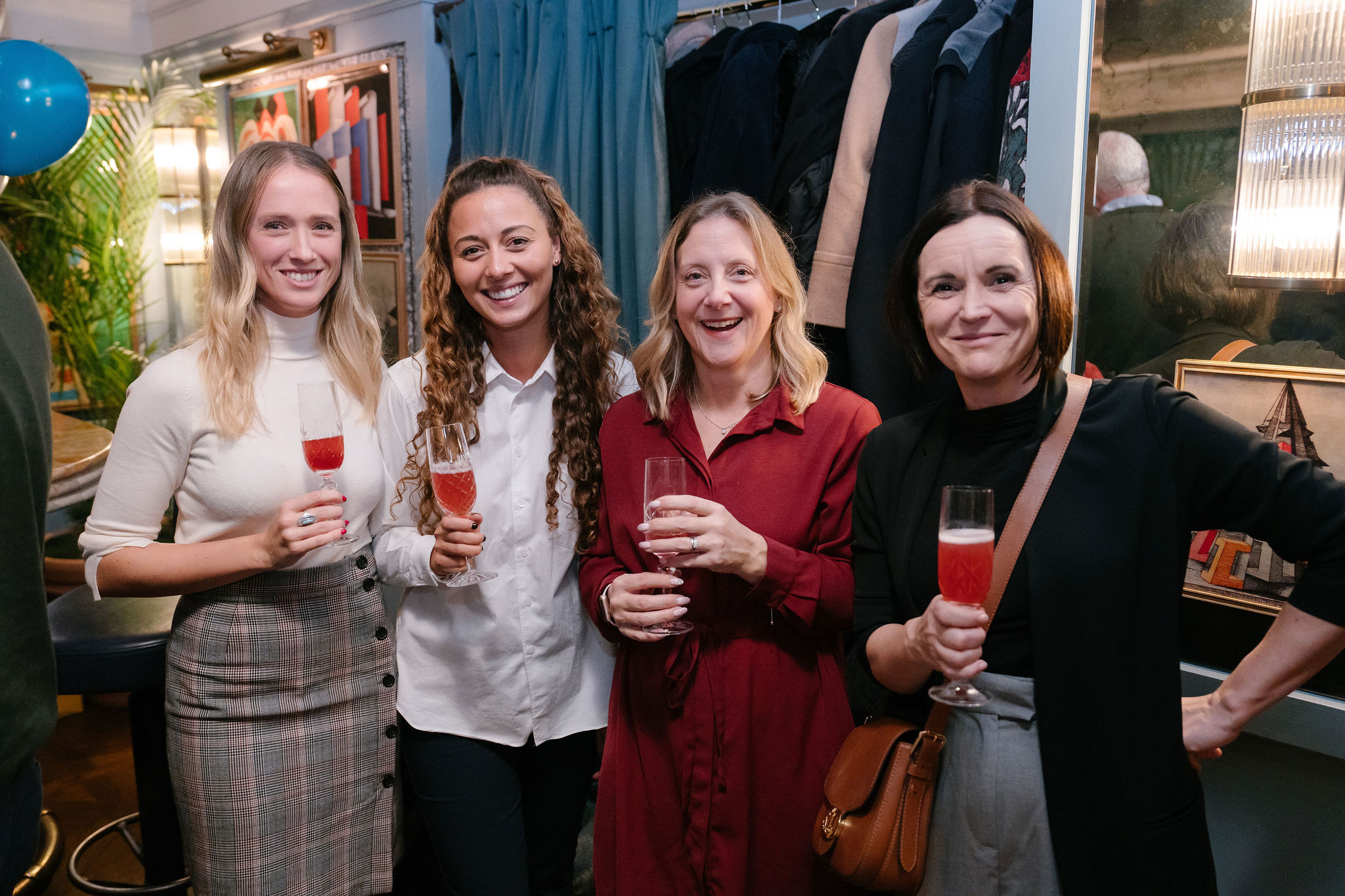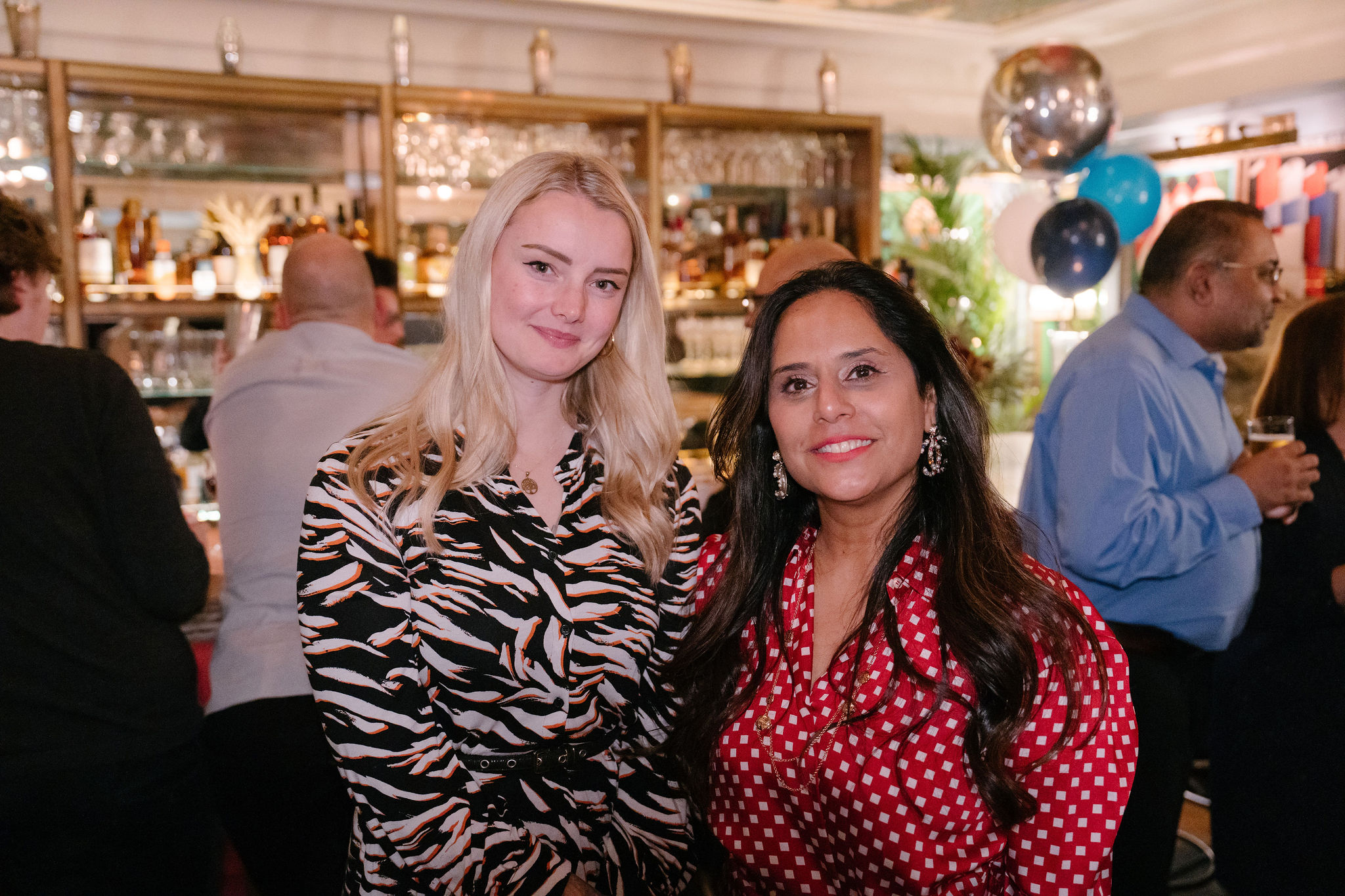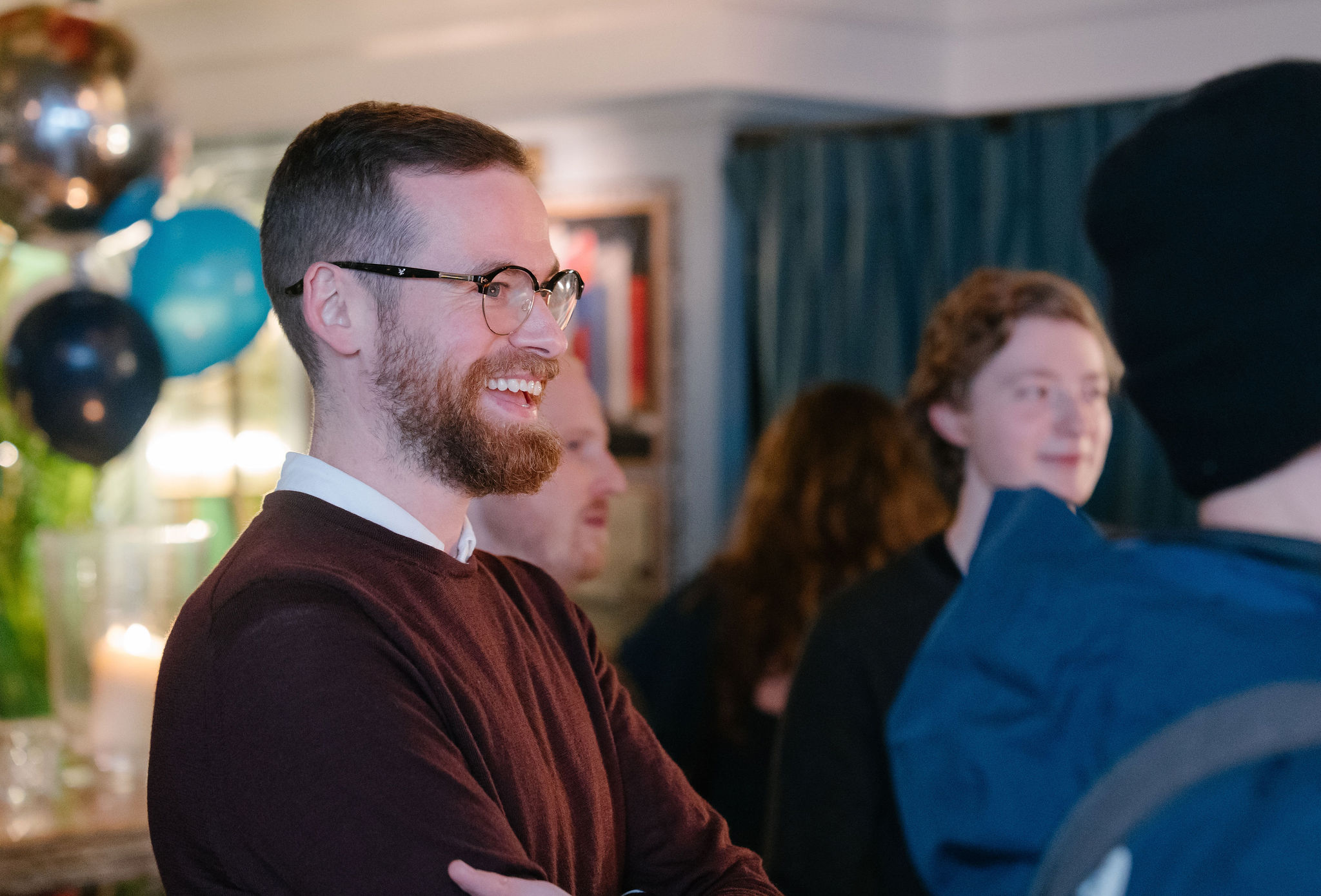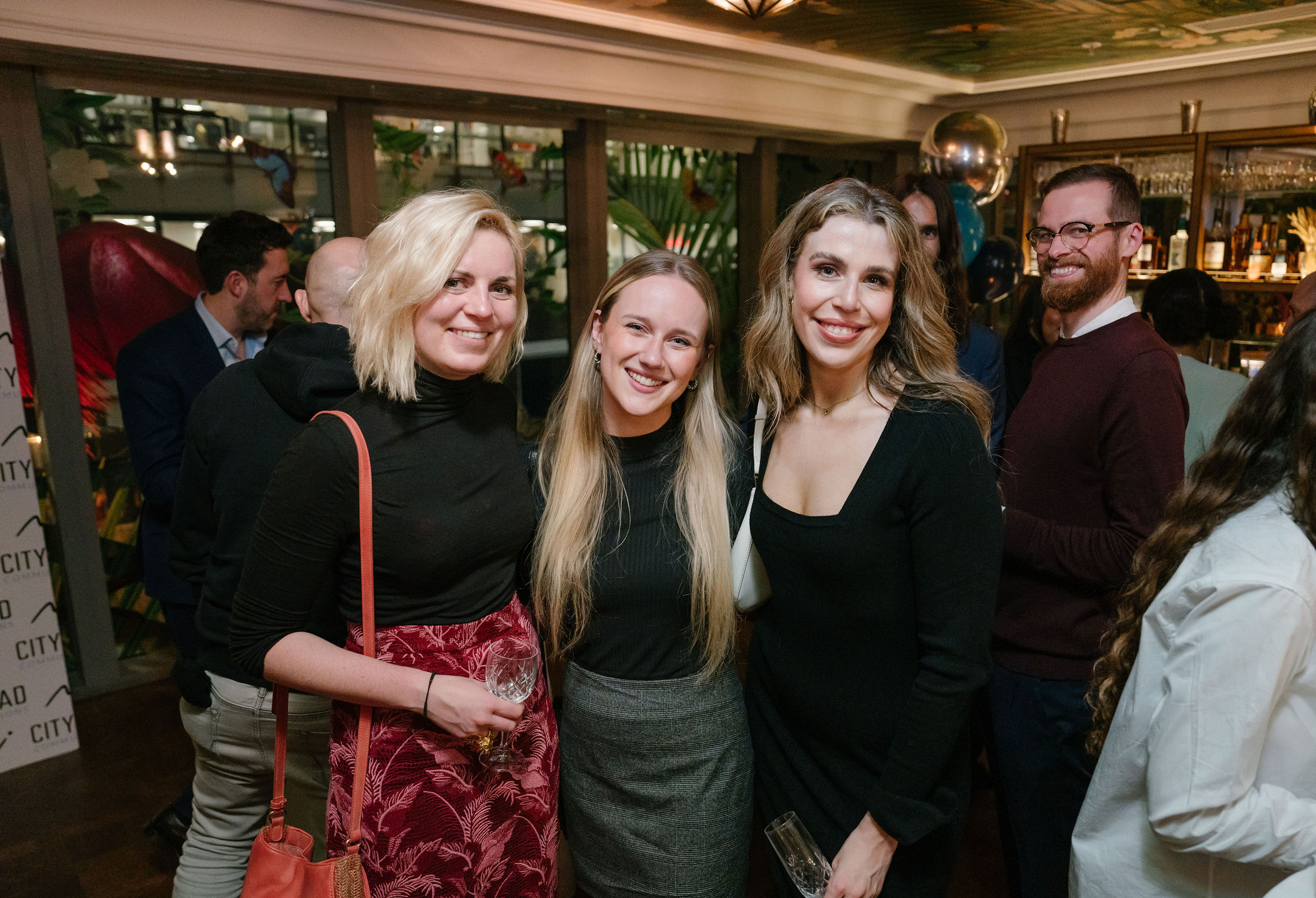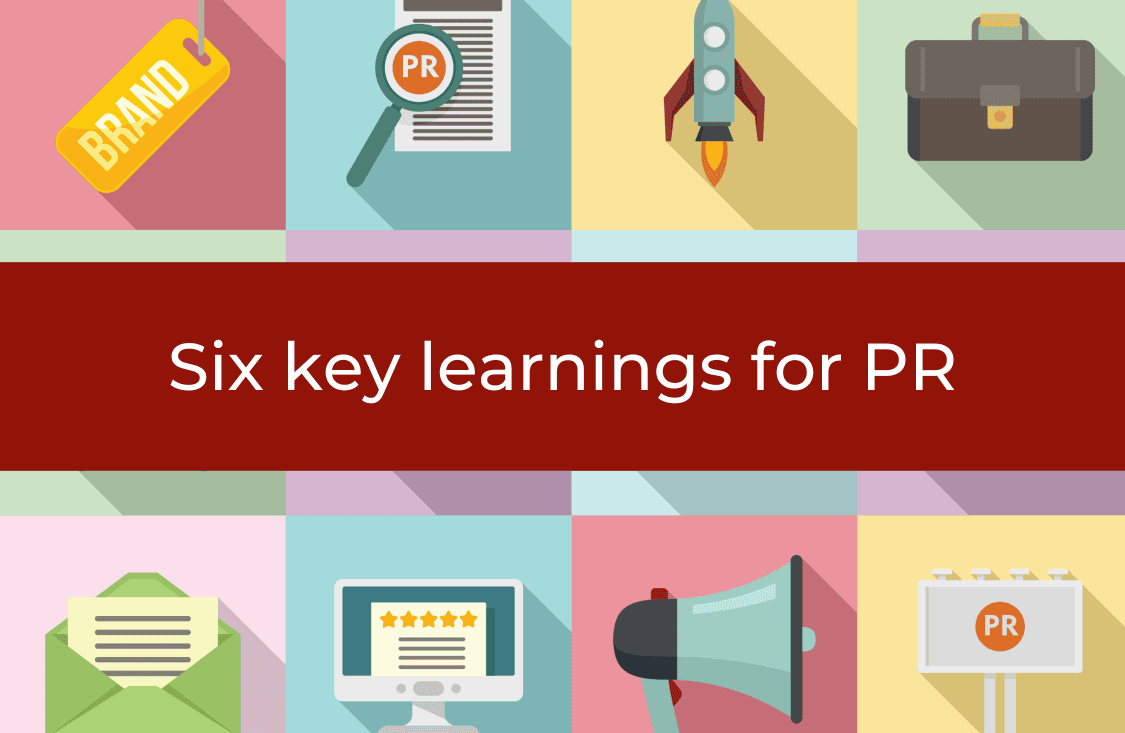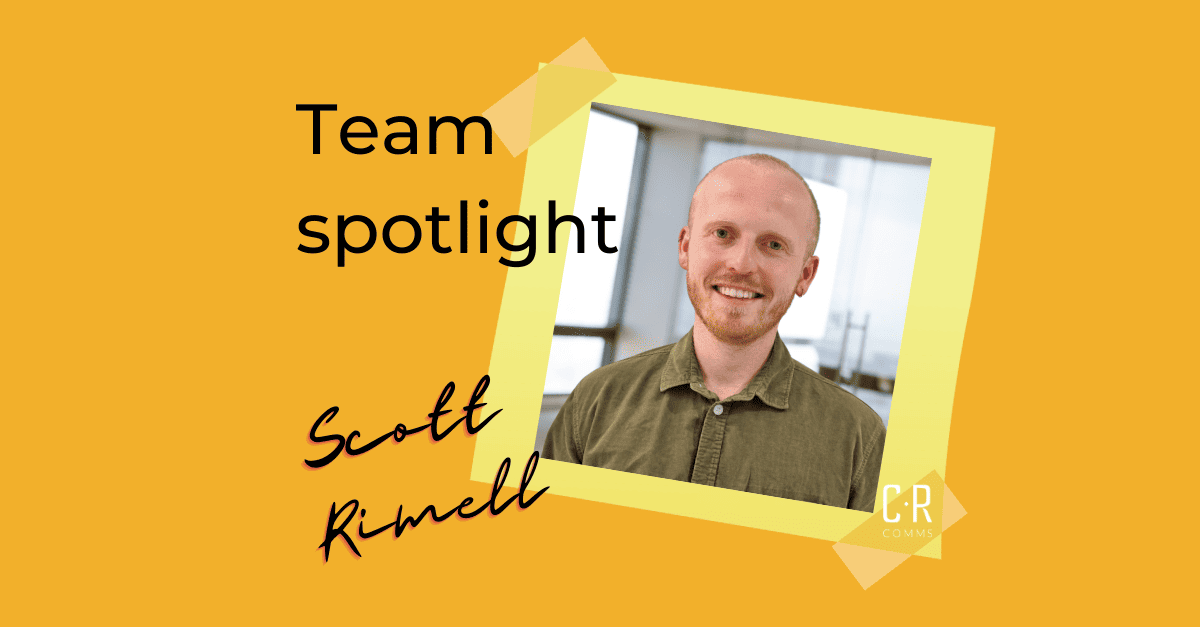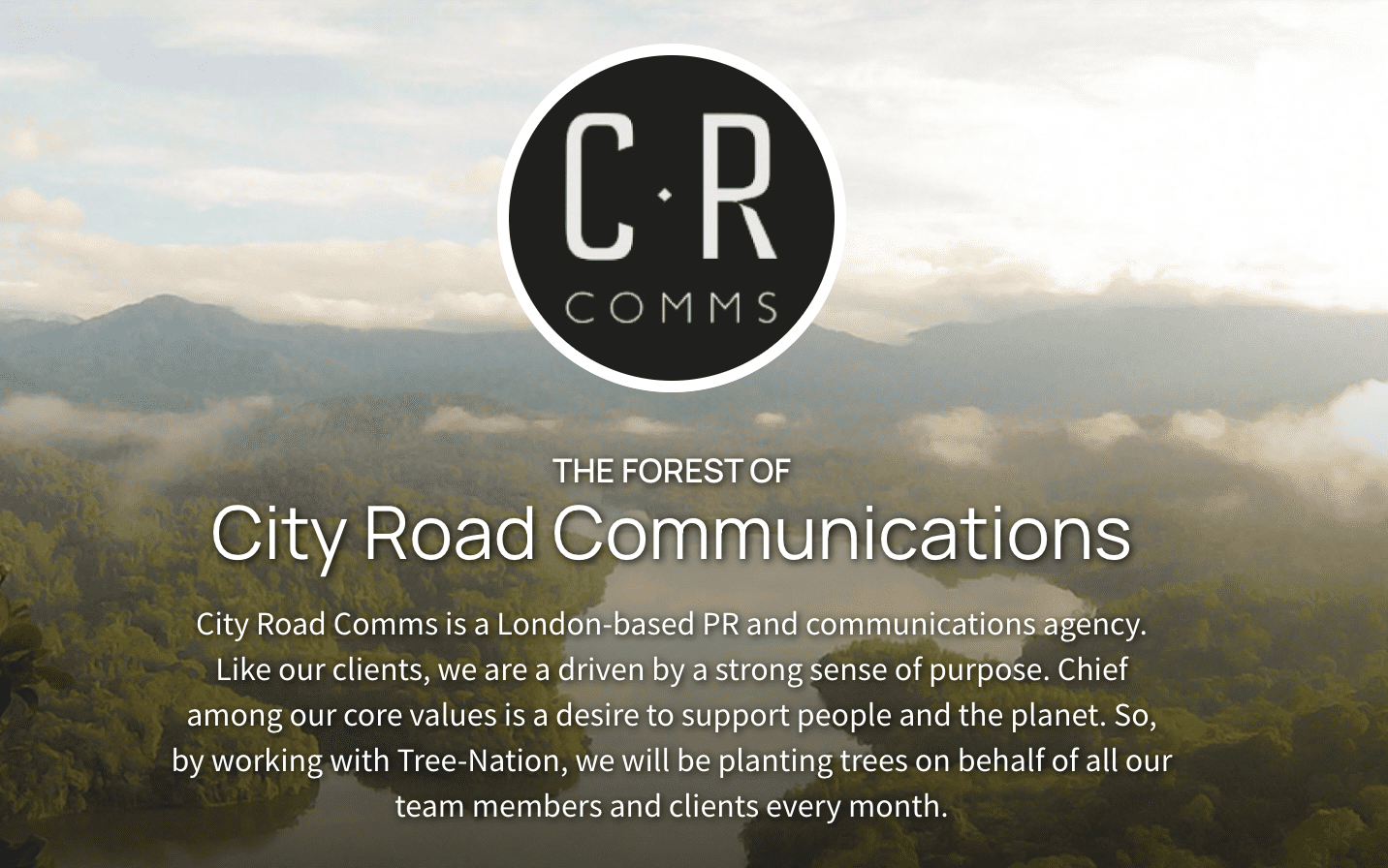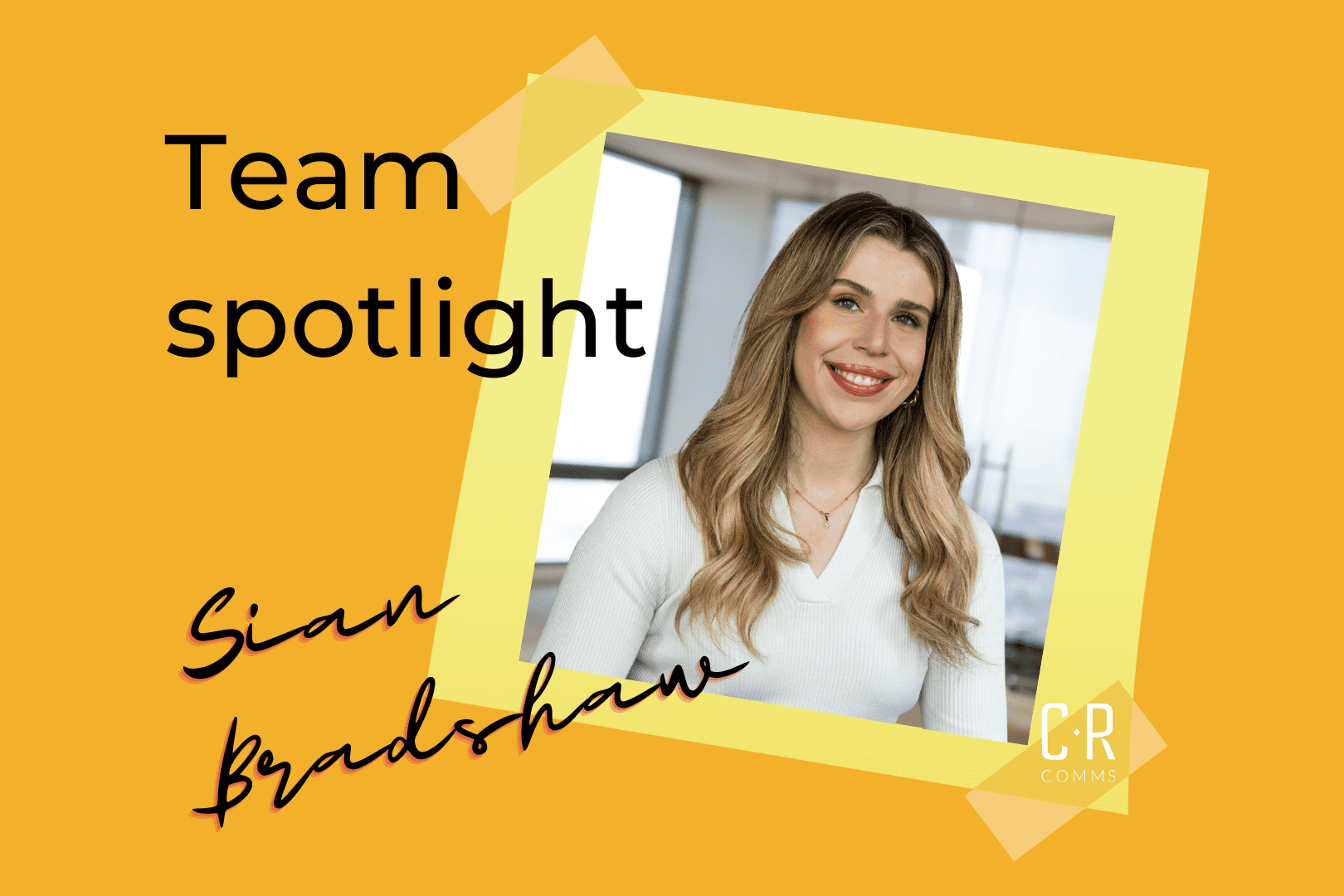
You have probably heard some horror stories about PR agencies in the past – many businesses and entrepreneurs have, sadly, had poor experiences when working with a PR firm.
Common complaints are failure to place press releases as promised; weeks of inaction; not picking up on key stories in the media; poorly written content; messaging that is ‘off-brand’; and an inability to get a strong handle on the company, its service proposition and the sector it works in.
Importantly, these experiences should not deter businesses from working with a PR agency. They simply reaffirm the importance of choosing the right one.
But how do you do that?
There are many important factors to consider. Here are six to mull over…
- 1. Cost
Naturally, the agency’s fees will likely be the most immediate concern. And there will be huge swings in the amount agencies charge, from hundreds per month to thousands or tens of thousands.
Going for the cheapest option can be a false economy – opt for a small retainer within a larger agency and it’ll likely mean you fall down the pecking order of their client list, as well as only receiving the attention of more junior members of staff.
Obtaining multiple quotes from different providers will give a sense of what’s on offer.
- 2. Deliverables
When comparing quotes, you will likely be comparing apples and pears. That’s to say, it’s not just the prices that will vary notably, it will also be how the retainers or projects are assembled.
Are you paying for a guaranteed number of articles or pieces of content? Or is about a number of campaigns executed over a period of time?
Whichever way it is done, it is absolutely vital that businesses get crystal clear deliverables from an agency. They must know what they will get for their money.
Transparency and accountability are key watchwords for us here at City Road Comms. Our retainers are built on a list of clear deliverables – the campaigns we will run, the content we will create within them and the research we will commission. Yes, we offer a figure in terms of the anticipated media coverage that will be secured based on past case studies, but PR seldom offers an guarantees, so we find it far more effective to plan and execute our work based on an agreed timeline of activities, then setting out to achieve the very best results within that framework.
- 3. Strategic approach
PR agencies differ significantly in how they approach their work. Some specialise in outlandish stunts and events; others on video content and viral social media campaigns.
At City Road Comms, we focus on using independently commissioned quantitative research and expertly-crafted content to deliver razor sharp insights into pertinent issues and trends. Using that, we develop brands and their leadership teams as expert commentators on the subjects that matter most to the audience they want to reach.
Not every approach will be right for every business or brand. So, it is important to pick an agency whose approach tallies with how you want to be perceived.
- 4. Industry expertise
Choosing an agency with a proven track-record in your particular field is important. It means the agency will not only understand the subject matter, but also have the contacts with relevant journalists. Combined, this ought to mean they have a sharp perception of what will and will not work when developing PR campaigns.
Ask to see case studies of relevant clients in a similar industry or market to yours, or at least businesses that are at the same point in their journey and seeking similar outcomes from their PR.
Head over to our case studies page for a sense of our own case studies – we specialist in finance, property and tech PR, but also have worked with many exciting clients in tangential industries.
- 5. Size
Small and large agencies will each have their own strengths and weaknesses. The former may be a little more dynamic, cost-effective and eager to prove their worth; the latter may have a wider range of services under one roof and a higher proportion of senior figures.
More often than not, though, it makes sense for a business to work with an agency of a similar size. This should ensure better alignment between their ways of working and overall expectations
- 6. Culture fit
Linked to size is culture. It is clichéd, but businesses need to find a culture fit when working with external partners.
From the way their work is planned, how they report on it, how they present and communicate themselves, and the speed with which they go about things, businesses should seek out an agency that broadly thinks and acts like they do. No tow companies are the same, so an exact mirroring is not possible – but there should be a clear connection in the core culture of both organisations.
It is also worth considering values. ESG, CSR, diversity and inclusivity – do you and an agency share similar values when it comes to socio-political issues? If yes, the chances of forging a fruitful, long-term partnership are improved.
Lots to consider
There is undoubtedly a lot to consider. Businesses must take the time and carry out the necessary due diligence to find an agency that matches their requirements, vision, culture and budget.
And agencies must equally invest a great deal of time and effort into this process (businesses should expect to see this). Agencies must research any prospective client thoroughly and show they understand who they are, what they do and where they sit within their field. Multiple meetings can then help refine pitches and proposals, allowing the PR agency to prove their credentials.
With buy-in and professionalism from both sides, businesses and PR agencies can forge hugely successful partnerships. But there must remain acknowledge for each that sometimes the fit is not right – it’s best to be honest and focus efforts on the opportunities that can truly go somewhere.

Dominic Pollard
Communications Director
About the author
With a history degree, journalism Master’s, and several years’ experience writing about business and technology for both the national and trade press, Dominic moved into the world of content marketing and comms in 2014. He joined City Road Comms in 2016, becoming the agency’s director of comms two years later. Dominic now oversees clients’ strategies and the overall operations of the agency.
Email
